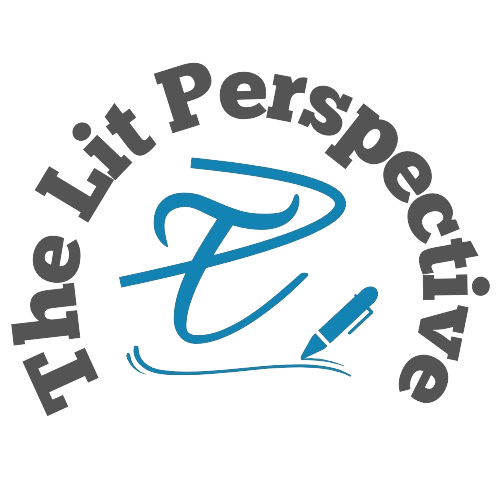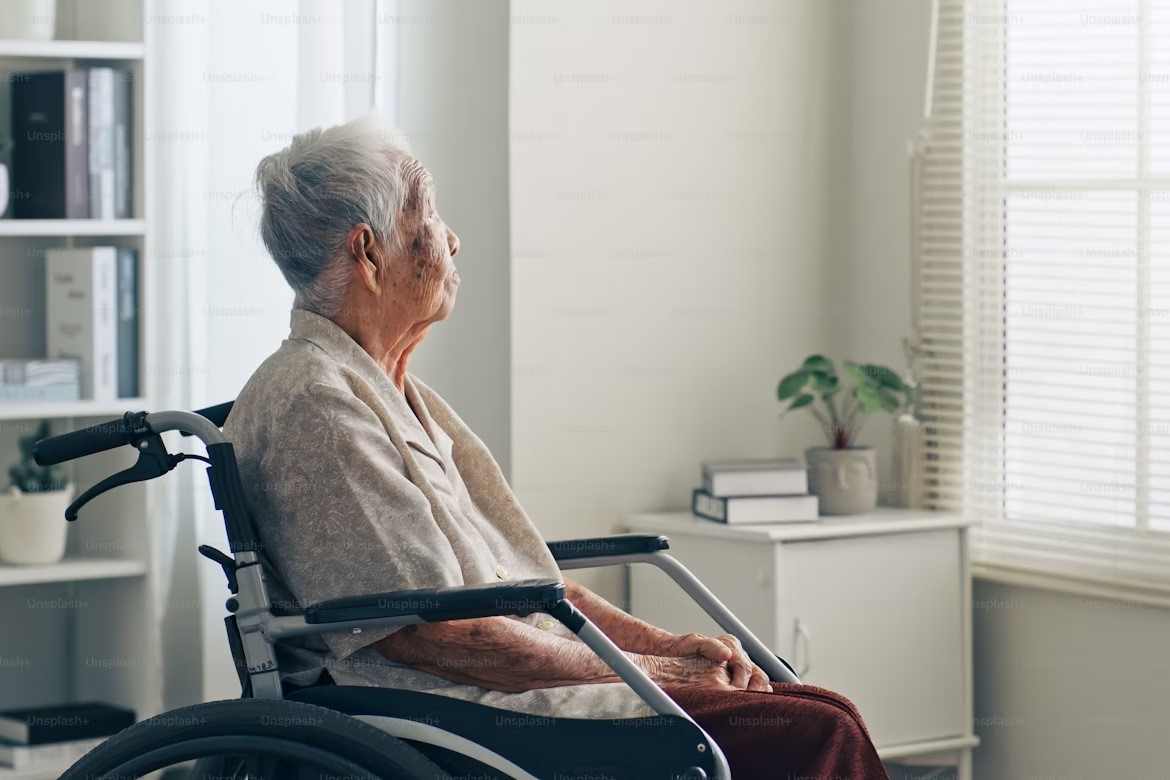TheLitPerspective is your one-stop shop for everything that ignites the spark of curiosity within you.
Coping With Vision Loss: Not Letting It Takeover Life
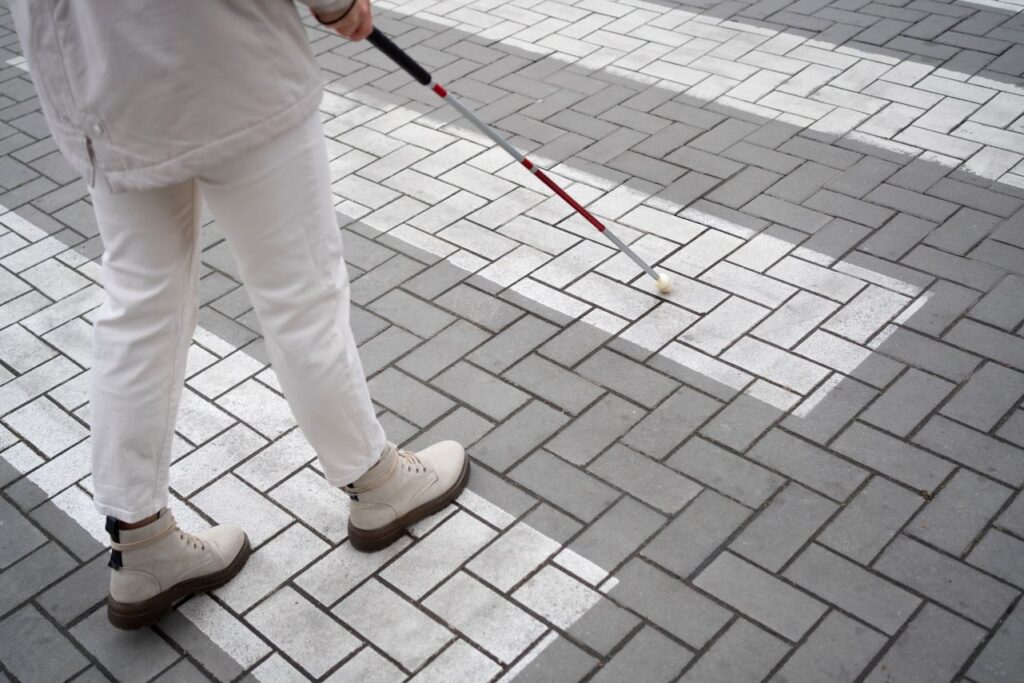
Blindness is no easy matter, especially from the perspective of someone who has had vision their whole life. They grew up navigating the world with their sight, getting accustomed to how it looks. Vision is a principal sense people rely on for function.
Now imagine everything being gradually taken away. Colors begin to disappear, and shapes slowly lose their form to a blur. How scary would life become?
Coping with vision loss is something most people have to endure. How do they do it?
How to Stop Vision Loss?
The straightforward answer is people can’t. When vision loss begins to manifest, there will be little to no chance of the symptoms being reversed. It’s a one-way journey people have to endure and cope with.
Maintaining good eye health and consuming every vitamin and nutrient is said to be good for the eyes but won’t terminate the condition. Such habits may have raised the chances of prevention, but they won’t reverse the onset and progress of the condition. Coping with vision loss is a crucial matter for these people, given the condition’s permanence and gradual progression.
When diagnosed with or directly experiencing vision impairment, blindness, or vision loss, it is life-changing.
On top of having to cope with the initial impact of the symptoms and diagnosis, people have to bear the burdens for a lifetime, not to mention the effect they have on people’s mental health. Vision loss makes people more dependent on getting assistance. Based on how well they have learned to cope, it chips away people’s sense of autonomy as they rely on others for things they could’ve done by themselves.
This is why it can be hard for adults coping with vision loss.
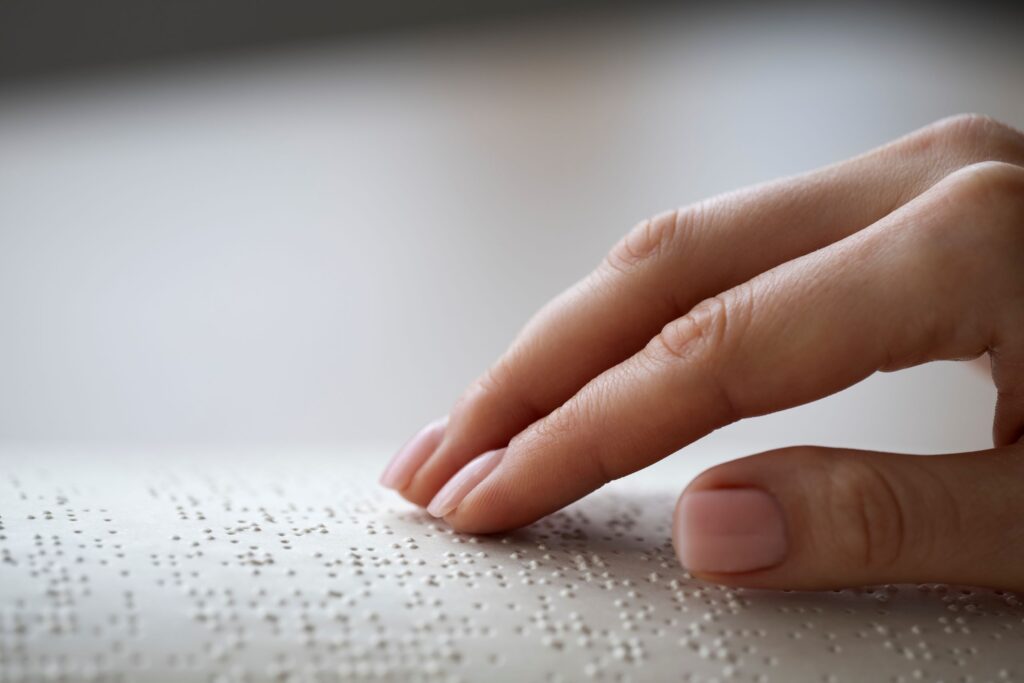
Not only would they have to lament for the loss of sight, but also their independence. It’s frightening, frustrating, and depressing to experience one’s sight slowly withering away. How can people live with these conditions without letting them control their lives?
Can Blindness Define People?
It’s easy to urge people not to let illnesses and diagnoses define someone, and this can be likewise easy to accomplish with resilience and courage. However, when it comes to conditions that take away significant bodily functions, can people truly not let these define them?
Living with vision loss is an enduring emotional experience. It’s not only saddening at its onset; rather, it constantly reminds people of what they’re missing out on in life. It’s a condition that brings with it nostalgia, especially for those who had lived a normal life beforehand.
Blindness is life-changing.
It forces people to adjust to its effects, as they cannot overlook them. Blindness takes away a primary function. Things people have done with ease before won’t feel the same once the condition occurs. Hence, the sentiment of not letting an illness define someone can be contrary to what these individuals experience, as they have no other choice but to let blindness control their activities.
Power Over Vision Loss
It sounds impossible, yet there is still a possibility that people can rise above this condition, proving that life doesn’t always have to change for the worse.
Anthony R. Candela is proof of this.
In his inspiring memoirs, the then-active scholar-athlete shares how his life turned around at the onset of his vision loss. Yet, when others would have let the condition dim their light and wilt their passions, Anthony made it a fuel to enhance his life. For him, coping with vision loss was something beyond readjusting his routines and reducing them to where his condition wouldn’t get in the way. Instead, he pushed himself to go beyond his conditions while continuing to do what he had been doing before.
The assumption that he stopped doing the things he loved the moment his eyesight weakened would’ve been the case for many. Knowing he had been into activities where accuracy and visual skills are paramount, losing this function would’ve been detrimental to his capabilities.
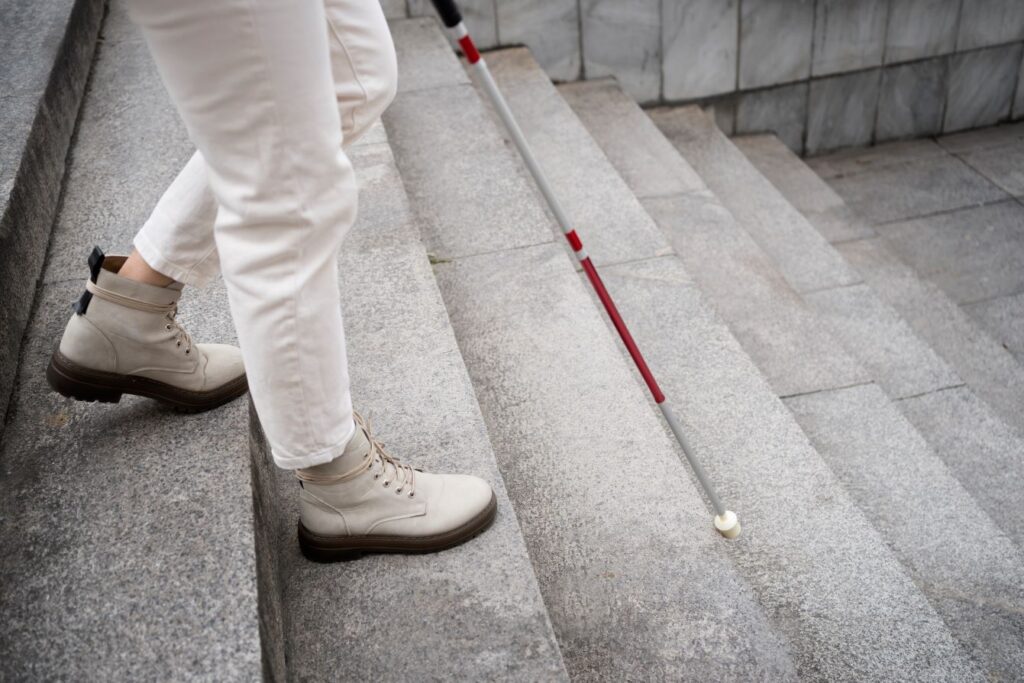
However, the author overcame these hindrances through proper coping with vision loss. His slow trek to blindness didn’t stop him from still living life to the fullest, proving that people have the power to transcend their conditions. They may perform differently from those who don’t experience what they have. But they can still perfectly navigate and strive through life.
How do they do so?
Strategies for Coping With Vision Loss
Visual impairment should never mean people have to stop performing tasks and the things they love to do. Like Anthony Candela, anyone can live beyond their conditions with the right strategies for coping with vision loss. There may still be instances of fear and distress. But, at least, these won’t influence much and take up most of people’s lives and routines.
Accessibility Features and Devices
With impaired vision, the first thing most people do is salvage as much of their sight as possible. Hence, this should be one of the priorities when it comes to strategies for coping with vision loss.
Other than availing themselves of treatment and possible surgeries for this purpose, people can also utilize widely available accessibility devices to help them with their daily lives. This technology is everywhere: eyeglasses and magnifying glasses, smartphones, adapted appliances, household fixtures, and the assistance of community agencies to obtain and learn to use them.
These apparatuses will aid anyone in confidently setting new routines and adjusting to low vision and even blindness.
When they have yet to adjust to new life setups, these devices will help ease them in by assisting them in the most possible ways.
Lifestyle Adjustment Courses
Lifestyle adjustment can sound limiting to these individuals. However, these sessions offer to acclimate to their new lives.
It’s not about setting Do’s and Don’ts. Instead, they will have to hear from professionals about alternatives for their previous activities. What can they do that will give them enough freedom with minimum danger and moderate difficulty? These adjustment courses have two objectives: to give people the confidence to remain independent and the skills they need to do so.
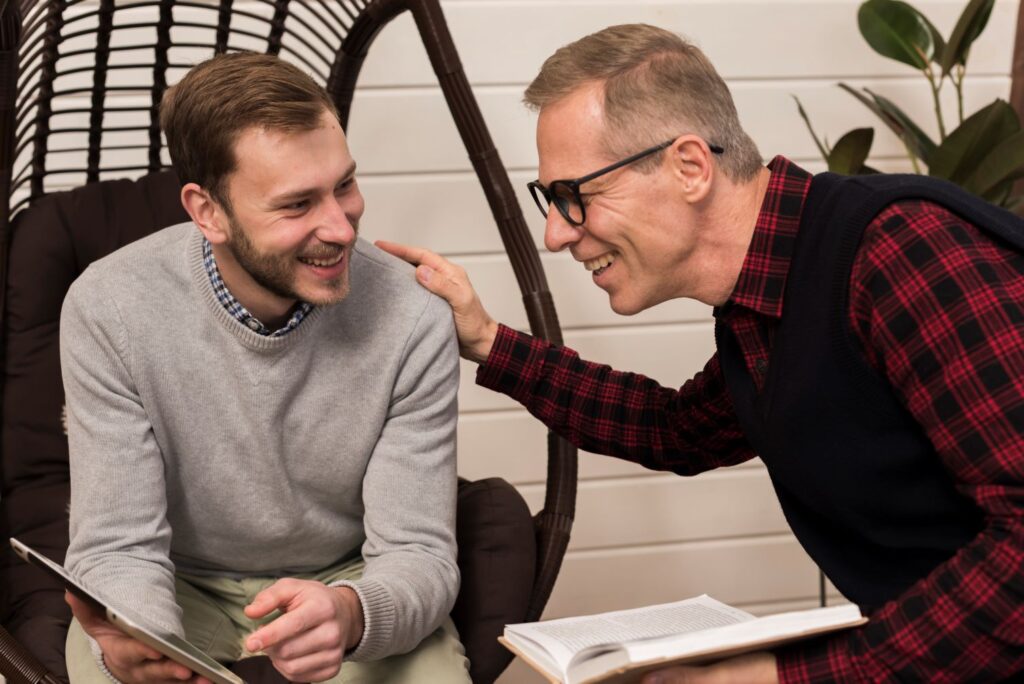
Change in Perspective
The best strategy for coping with vision loss is undoubtedly to encourage people to change their perspective. While it’s a consequential and distressing matter to face, people shouldn’t let it be a burden. Vision loss can be isolating. It can separate people from others, which will take a toll on their mental health.
However, if they learn to look at it from a lens outside burdens and problems, they can learn to embrace it more easily. Adjustments made for this condition don’t have to be perceived as limiting, either. Instead, people can think of these as alternatives to continuing to enjoy their favorites and passions.
If you know someone who’s currently experiencing this, you can read and refer them to Anthony Candela’s memoirs Stand Up or Sit Out and Vision Dreams. Be inspired by how the author lived his life in spite of his vision.
Grab yourself copies of his books now!
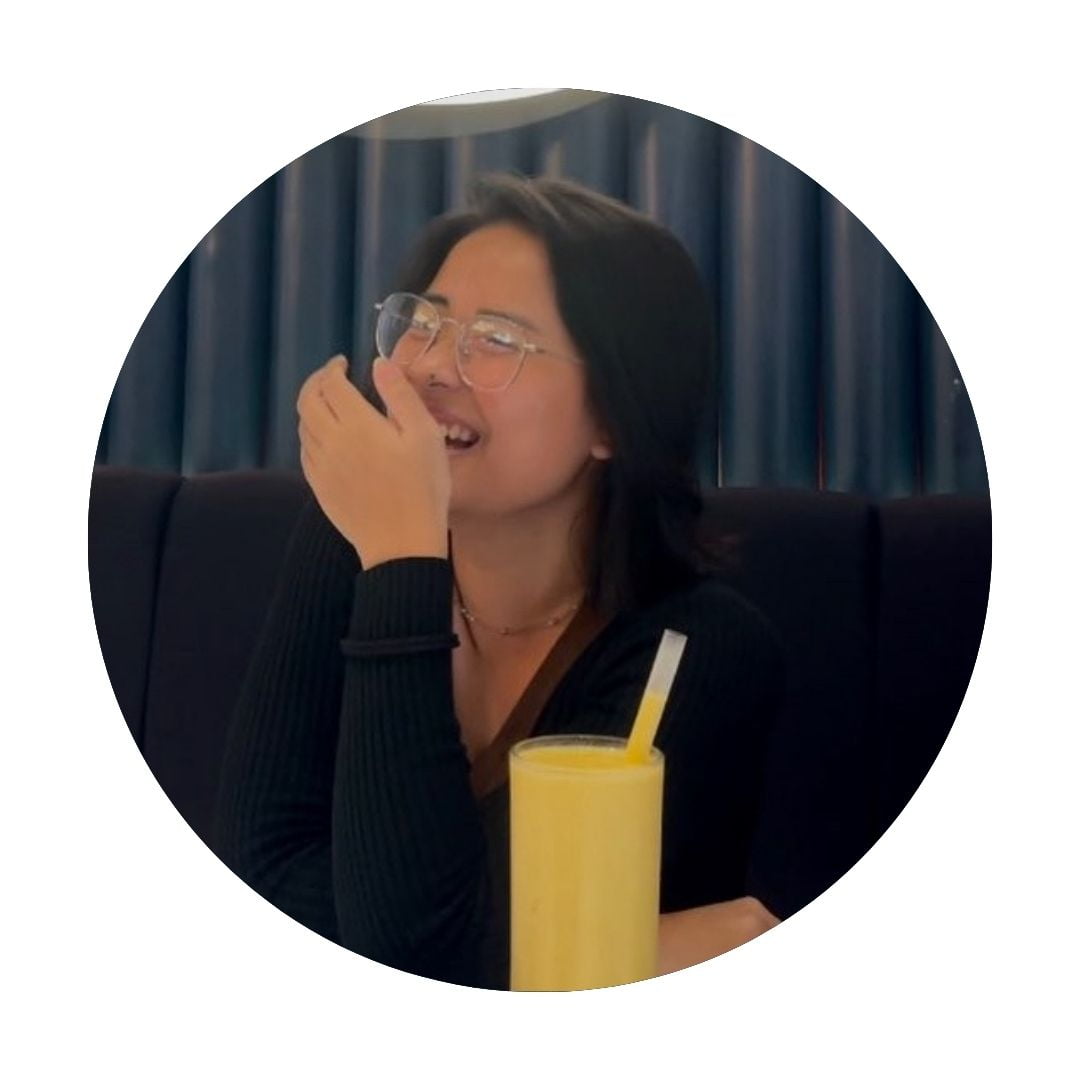
Witty and whimsy. As a writer, Mia finds a pleasant balance between clever and creative. With years of experience under her name, she aims to add meaning to your life through the articles she writes.
